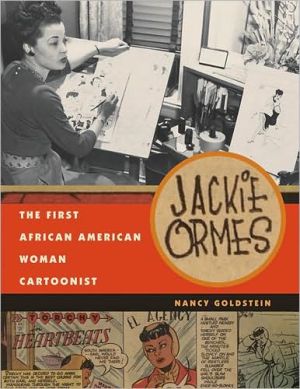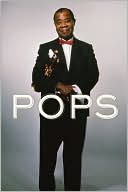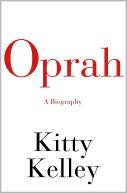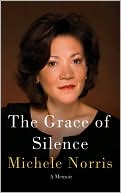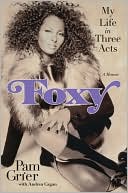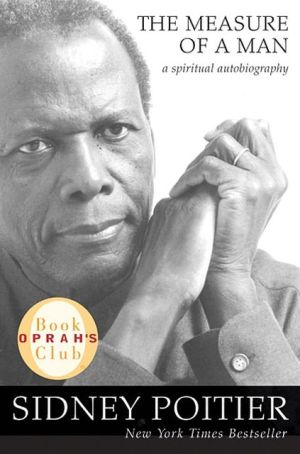Jackie Ormes: The First African American Woman Cartoonist
In the United States at mid-century, in an era when there were few opportunities for women in general and even fewer for African American women, Jackie Ormes blazed a trail as a popular artist with the major black newspapers of the day.\ Jackie Ormes chronicles the life of this multiply talented, fascinating woman who became a successful commercial artist and cartoonist. Ormes's cartoon characters (including Torchy Brown, Candy, and Patty-Jo 'n' Ginger) delighted readers of newspapers such as...
Search in google:
A richly illustrated biography of a pioneering woman artist and the characters she createdMartha Cornog - Library JournalLike Brenda Starr, Torchy Brown hit the comics pages as an independent woman with a career, adventure, and romance. But appearing exclusively in African American-targeted newspapers, she is not so widely known. Torchy Brown: Dixie to Harlem ran in 1937-38 and introduced Torchy as a feisty teen seeking stardom up north. A more mature Torchy appeared in 1950 as a nurse finding true love and fighting for racial equality and environmental causes. Ormes (1911-85) broke new ground as an African American woman cartoonist blending social commentary with pin-up glamour. Her best-known and longest-running strip was Patty-Jo 'n' Ginger, starring a mouthy youngster who wisecracked on the Cold War, racism, and popular culture in one-panel cartoons that could have run on the editorial page. The only woman listed on Tim Jackson's web site, Salute to Pioneering Cartoonists of Color, the Chicago-based Ormes was active with her husband in social and political causes. Doll historian Goldstein has produced an excellent introduction to this overlooked pioneer, setting her life into the background of her era and including substantial selections from strips not collected elsewhere. Highly recommended for graphic arts, journalism, and African American studies collections in public and academic libraries; good for teens, too. Ormes's name lives on today in the recently founded Ormes Society, an organization of African American women in comics (theormessociety.com).
\ From the Publisher"In the first book devoted to Ormes, Goldstein not only recounts with enthusiasm the trailblazing cartoonist's remarkable story . . . but also keenly analyzes Ormes's influential cartoons and the role black newspapers played in the struggle for racial equality. With a generous selection of Ormes's forward-looking cartoons resurrected for the first time, this is one exciting and significant book. Viva Jackie Ormes."\ ---Booklist\ "I am so delighted to see an entire book about the great Jackie Ormes! This is a book that will appeal to multiple audiences: comics scholars, feminists, African Americans, and doll collectors."\ ---Trina Robbins, author of A Century of Women Cartoonists and The Great Women Cartoonists\ \ \ \ \ \ Library JournalLike Brenda Starr, Torchy Brown hit the comics pages as an independent woman with a career, adventure, and romance. But appearing exclusively in African American-targeted newspapers, she is not so widely known. Torchy Brown: Dixie to Harlem ran in 1937-38 and introduced Torchy as a feisty teen seeking stardom up north. A more mature Torchy appeared in 1950 as a nurse finding true love and fighting for racial equality and environmental causes. Ormes (1911-85) broke new ground as an African American woman cartoonist blending social commentary with pin-up glamour. Her best-known and longest-running strip was Patty-Jo 'n' Ginger, starring a mouthy youngster who wisecracked on the Cold War, racism, and popular culture in one-panel cartoons that could have run on the editorial page. The only woman listed on Tim Jackson's web site, Salute to Pioneering Cartoonists of Color, the Chicago-based Ormes was active with her husband in social and political causes. Doll historian Goldstein has produced an excellent introduction to this overlooked pioneer, setting her life into the background of her era and including substantial selections from strips not collected elsewhere. Highly recommended for graphic arts, journalism, and African American studies collections in public and academic libraries; good for teens, too. Ormes's name lives on today in the recently founded Ormes Society, an organization of African American women in comics (theormessociety.com).—Martha Cornog\ \
